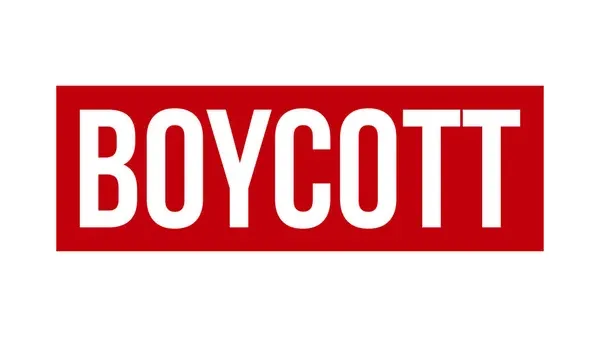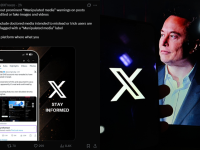ALBAWABA - Starbucks, McDonald's, PepsiCo, Coca-Cola, KFC, and others... Companies that were at the forefront of the boycott campaign that escalated amidst the war in Gaza.
However, many wondered about the effectiveness of this boycott and whether it truly served its main goal, which is to exert pressure to halt the war, especially amid experts' skepticism about it.
Boycott Campaign Against Israel-Supporting Companies
Among the prominent companies on the boycott list is Starbucks, accused primarily of providing financial support to the Israeli army, although the company denied it. The campaign continued due to the CEO Howard Schultz receiving an honor from Israel for his "charitable work and community service" on the occasion of the "50th anniversary of the establishment of the Jerusalem Fund for Israel," an award given to those supporting the Israeli economy.
Starbucks' stocks rose from $92 at the beginning of the war to around $96 currently. Starbucks CEO, Lakshman Narasimhan, recently stated that those who protested against the company and disrupted its stores due to the war between Israel and Hamas were misled by false information circulating online about the company's stance.
As for McDonald's, which angered the Arab public with images showing its fast-food meals being delivered to the Israeli army in the Gaza war, its stocks increased from $248 at the beginning of the war to $291 currently.
PepsiCo is also among the boycotted companies. While the company did not explicitly announce support for Israel, it did not clarify its position on the massacres against Palestinian civilians. PepsiCo stocks rose from $160 at the beginning of the war to around $168 currently.
Coca-Cola, accused of benefiting from the Israeli settlement project due to its strong partnership with CBC, an Israeli company producing its beverage located in the settlement of Atarot, also faced calls for boycott. Coca-Cola's stocks also increased from $53 at the beginning of the war to over $58 currently.
Yum, the owner of fast-food chains KFC, Pizza Hut, and others, which caused anger by supplying Israeli soldiers with food during the war, witnessed its stocks rise from $119 at the beginning of the war to $130 currently.
Netflix: The Biggest Winner
It is worth noting that Amazon, Google, and Netflix are also on the boycott list, and their stocks also increased during the same period. Netflix was the biggest winner, gaining over $105 in its stocks since the beginning of the war.
These stock gains do not necessarily indicate the ineffectiveness of the boycott, as many economists doubt its actual economic impact on companies. The main reason lies in the inclination to lower interest rates next year, recently stabilized twice by the Federal Reserve. This comes amid a global decrease in inflation, easing investors' concerns on one hand and reducing costs for these companies on the other. All of this has contributed to an atmosphere of optimism in financial markets.







